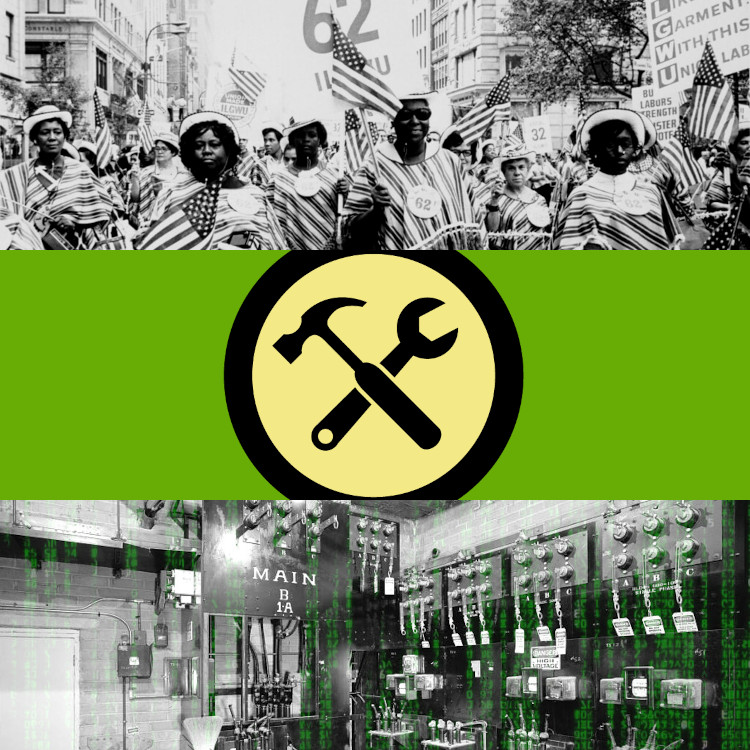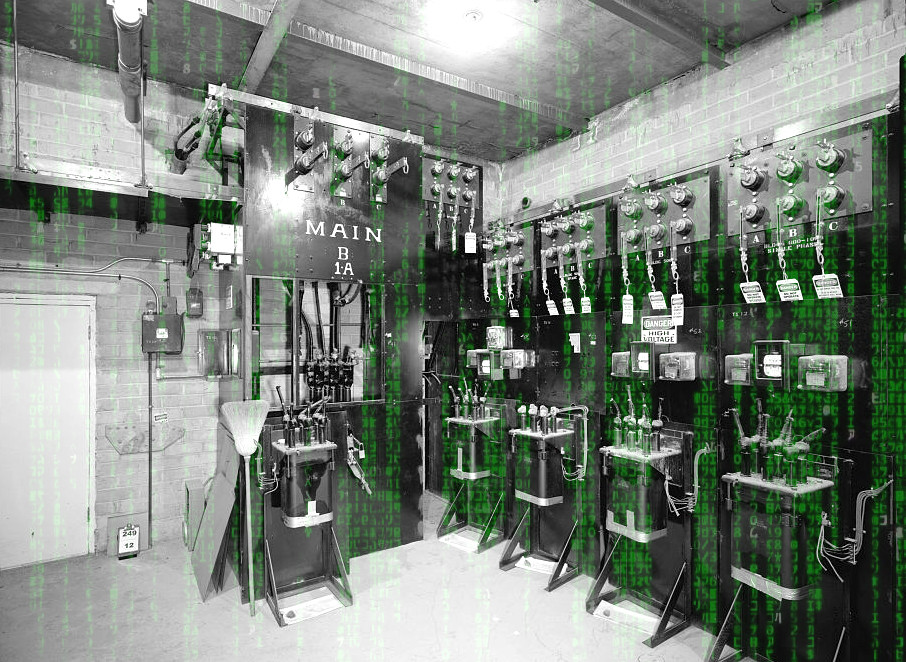
It's been nearly two years since the @FTC's #NixingTheFix workshop on how corporations have sabotage our #RightToRepair. Finally, the Commission has issued its report, and it's hugely vindicating for R2R advocates.
ftc.gov/system/files/d…
1/
ftc.gov/system/files/d…
1/

If you don't have time to read the 56-page report, check out @Ifixit's cheat-sheet, which highlights the salient points, namely:
ifixit.com/News/50251/ftc…
2/
ifixit.com/News/50251/ftc…
2/
* Companies routinely violate federal law by voiding their customers' warranties in retaliation for seeking independent repair
* Anti-repair tactics more heavily harm Black people and communities of color
* The pandemic made independent repair sabotage even more important
3/
* Anti-repair tactics more heavily harm Black people and communities of color
* The pandemic made independent repair sabotage even more important
3/
* Companies sabotage repair by: designing products to make it harder to fix them; withholding parts and manuals; targeting customers with anti-repair FUD; abusing patent and trademark; using DRM; and imposing abusive EULAs on customers.
4/
4/
The Commission found that the manufacturers claims about why they should monopolize repair are bullshit:
* Providing independent repair info doesn't harm manufacturers' IP rights
* The data need to make repair doesn't qualify as a trade secret
5/
* Providing independent repair info doesn't harm manufacturers' IP rights
* The data need to make repair doesn't qualify as a trade secret
5/
The Commission also found that the real safety concern with independent repair is that manufacturers' sabotage makes it harder for indie repairers to fix devices safely, and the answer isn't to ban indie repair - it's to ban sabotage.
6/
6/
The FTC also rejects cybersecurity FUD about independent repair: "the record contains no empirical evidence to suggest that independent repair shops are more or less likely than authorized repair shops to compromise or misuse customer data."
7/
7/
As well as arguments that independent repair inflicts "reputational harm" and liability on manufacturers: "Manufacturers provided no empirical evidence to support their concerns about reputational harm or potential liability resulting from faulty third party repairs."
8/
8/
The FTC wants to hear from you if a manufacturer has voided (or threatened to void) your warranty after you got independent repair. This is illegal.
reportfraud.ftc.gov
9/
reportfraud.ftc.gov
9/
They're also proposing new regulations to ban manufacturers' repair sabotage on the grounds that it represents unfair competition. The Commission's goal is now "[to ensure] consumers have choices when they need to repair products that they purchase and own."
eof/
eof/
ETA - If you'd like an unrolled version of this thread to read or share, here's a link to it on pluralistic.net, my surveillance-free, ad-free, tracker-free blog:
pluralistic.net/2021/05/07/pro…
pluralistic.net/2021/05/07/pro…
• • •
Missing some Tweet in this thread? You can try to
force a refresh










